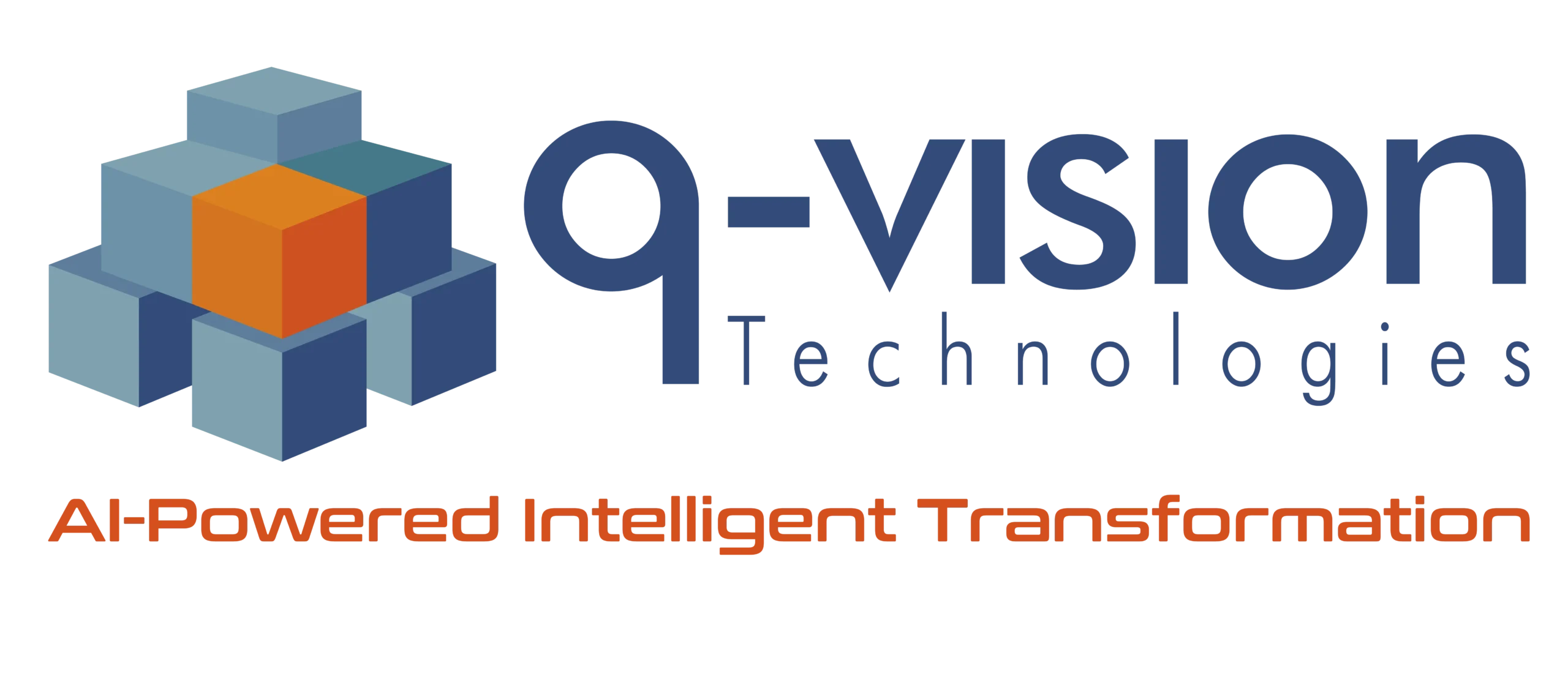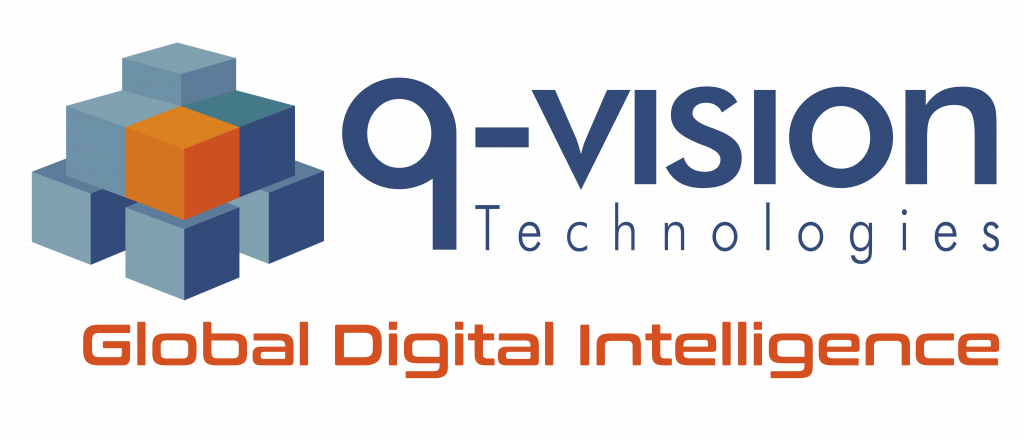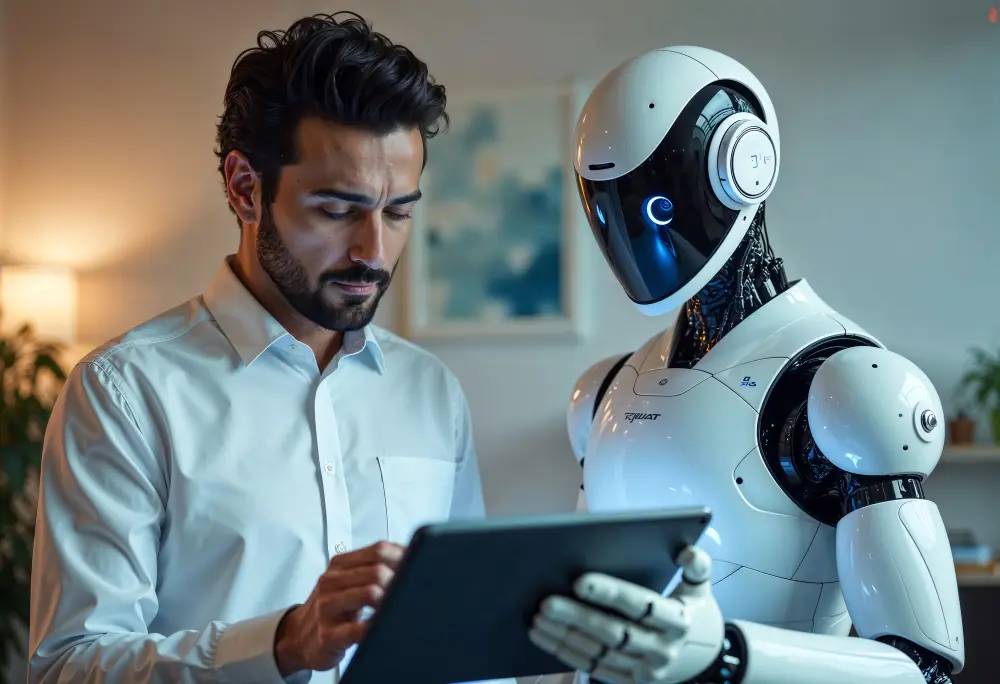
Colombia
Bogotá Sede Principal
Calle 93 #16-46 oficina 404 edificio Zenn Office PH
Medellín
Carrera 43ª No 7-50 Oficina 1102 - C.E. Dann Carlton
Cali
Avenida 4 Norte # 7N – 46, Piso 3, Yoffice oficina 14

España
Madrid
Calle Conde de peñalver, 45, entre planta oficina 2, 28006, Madrid

Estados Unidos
Miami-Florida
1000 Brickell Av, PMB 5137

Mexico
México DF
Av. Rio Misisipi 49 Int. 1402, Cuauhtémoc

Panamá
Ciudad de Panamá
Calle 50, edificio, torre BMW, San Francisco





